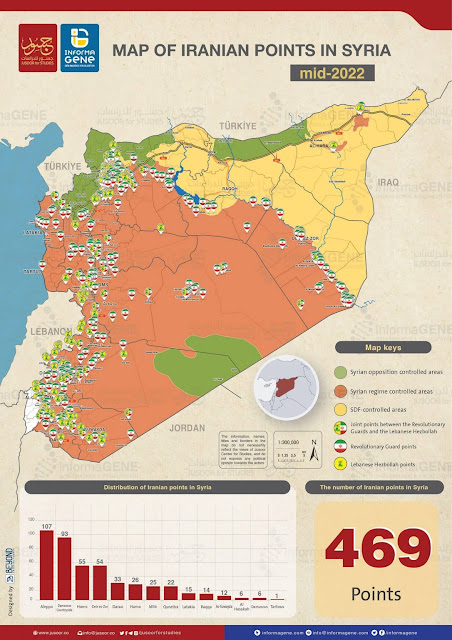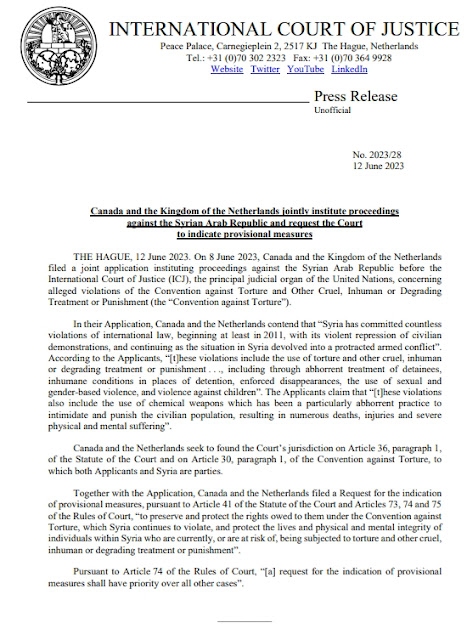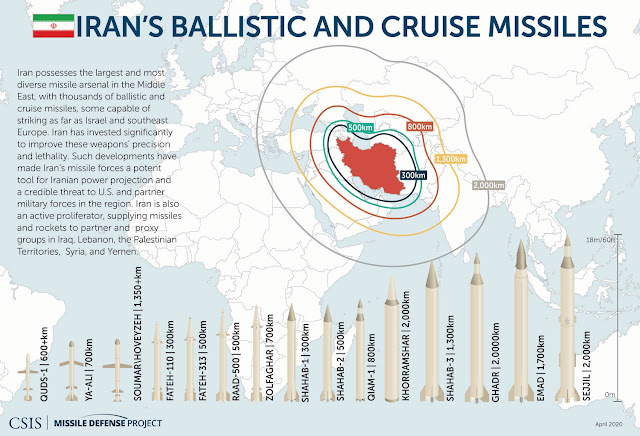Iraqi Draft Constitution Balances Islam, Democracy, Envoy Says
Ambassador Khalilzad urges parties to negotiate in "spirit of compromise"
Iraq’s new draft constitution strikes a careful balance between the country’s Islamic traditions and its democratic aspirations, according to U.S. Ambassador to Iraq Zalmay Khalilzad.
“This country is in the process of being built on new principles, but these principles of course cannot be divorced from the history and traditions of Iraq,” Khalilzad told reporters at an August 23 press conference in Baghdad.
He said the constitution prohibits the passage of any law that contradicts the principles of Islam, democracy or human rights. “This constitution with regards to rights is a synthesis,” he said, “a synthesis between the Islamic traditions of this country and the universal principles of democracy and human rights.”
The ambassador added that the draft document “contains the most far-reaching democratic and human rights commitments that exist in any constitution in this part of the world.”
Iraq’s constitutional committee submitted a draft constitution to the Transitional National Assembly August 22 but requested that the assembly delay voting on it for three days to allow negotiators additional time to discuss a few remaining issues. The negotiators may submit amendments to the text through August 25, at which time the assembly will vote to approve or reject the document.
Khalilzad urged all parties to approach these ongoing negotiations over the remaining issues with realistic expectations and a generous attitude in order to ensure the success of the political process.
“Everyone needs to continue to work with the spirit of compromise and with the view of taking the national interest of Iraq into account, to make this document a national compact in which all communities in Iraq see themselves as shareholders in regard to the future of this country,” he said.
The ambassador said this is a time for Iraqis to reach out across ethnic and sectarian divides in order to establish a new foundation for the country.
Responding to a question about the possible role of clerics on the Supreme Court, Khalilzad said that the court will need a certain amount of expertise to fulfill its constitutional mandate of ensuring that laws do not violate the principles of Islam, democracy or human rights.
“There need to be experts on those three things added to the court since this will be a new responsibility for the court to have responsibility over the three sources: democracy, human rights, and Islam,” he said. However, he dismissed the idea that this would make the Supreme Court a religious court.
He praised the negotiators for arriving at mutually acceptable compromises on the role of Islam in the government.
“There are people who want entirely a secular state and there are people who want to establish a Shari'a-dominated state and given the realities, I think where they have come out is right for Iraq at the present time,” he said.
Once the assembly accepts a draft constitution, the constitution will be presented to the Iraqi voters in an October 15 referendum. If accepted, the constitution will serve as the basis for a new round of national elections December 15.
For additional information, see Iraq’s Political Process.
The transcript of Khalilzad’s press conference
Ambassador Khalilzad urges parties to negotiate in "spirit of compromise"
Iraq’s new draft constitution strikes a careful balance between the country’s Islamic traditions and its democratic aspirations, according to U.S. Ambassador to Iraq Zalmay Khalilzad.
“This country is in the process of being built on new principles, but these principles of course cannot be divorced from the history and traditions of Iraq,” Khalilzad told reporters at an August 23 press conference in Baghdad.
He said the constitution prohibits the passage of any law that contradicts the principles of Islam, democracy or human rights. “This constitution with regards to rights is a synthesis,” he said, “a synthesis between the Islamic traditions of this country and the universal principles of democracy and human rights.”
The ambassador added that the draft document “contains the most far-reaching democratic and human rights commitments that exist in any constitution in this part of the world.”
Iraq’s constitutional committee submitted a draft constitution to the Transitional National Assembly August 22 but requested that the assembly delay voting on it for three days to allow negotiators additional time to discuss a few remaining issues. The negotiators may submit amendments to the text through August 25, at which time the assembly will vote to approve or reject the document.
Khalilzad urged all parties to approach these ongoing negotiations over the remaining issues with realistic expectations and a generous attitude in order to ensure the success of the political process.
“Everyone needs to continue to work with the spirit of compromise and with the view of taking the national interest of Iraq into account, to make this document a national compact in which all communities in Iraq see themselves as shareholders in regard to the future of this country,” he said.
The ambassador said this is a time for Iraqis to reach out across ethnic and sectarian divides in order to establish a new foundation for the country.
Responding to a question about the possible role of clerics on the Supreme Court, Khalilzad said that the court will need a certain amount of expertise to fulfill its constitutional mandate of ensuring that laws do not violate the principles of Islam, democracy or human rights.
“There need to be experts on those three things added to the court since this will be a new responsibility for the court to have responsibility over the three sources: democracy, human rights, and Islam,” he said. However, he dismissed the idea that this would make the Supreme Court a religious court.
He praised the negotiators for arriving at mutually acceptable compromises on the role of Islam in the government.
“There are people who want entirely a secular state and there are people who want to establish a Shari'a-dominated state and given the realities, I think where they have come out is right for Iraq at the present time,” he said.
Once the assembly accepts a draft constitution, the constitution will be presented to the Iraqi voters in an October 15 referendum. If accepted, the constitution will serve as the basis for a new round of national elections December 15.
For additional information, see Iraq’s Political Process.
The transcript of Khalilzad’s press conference


